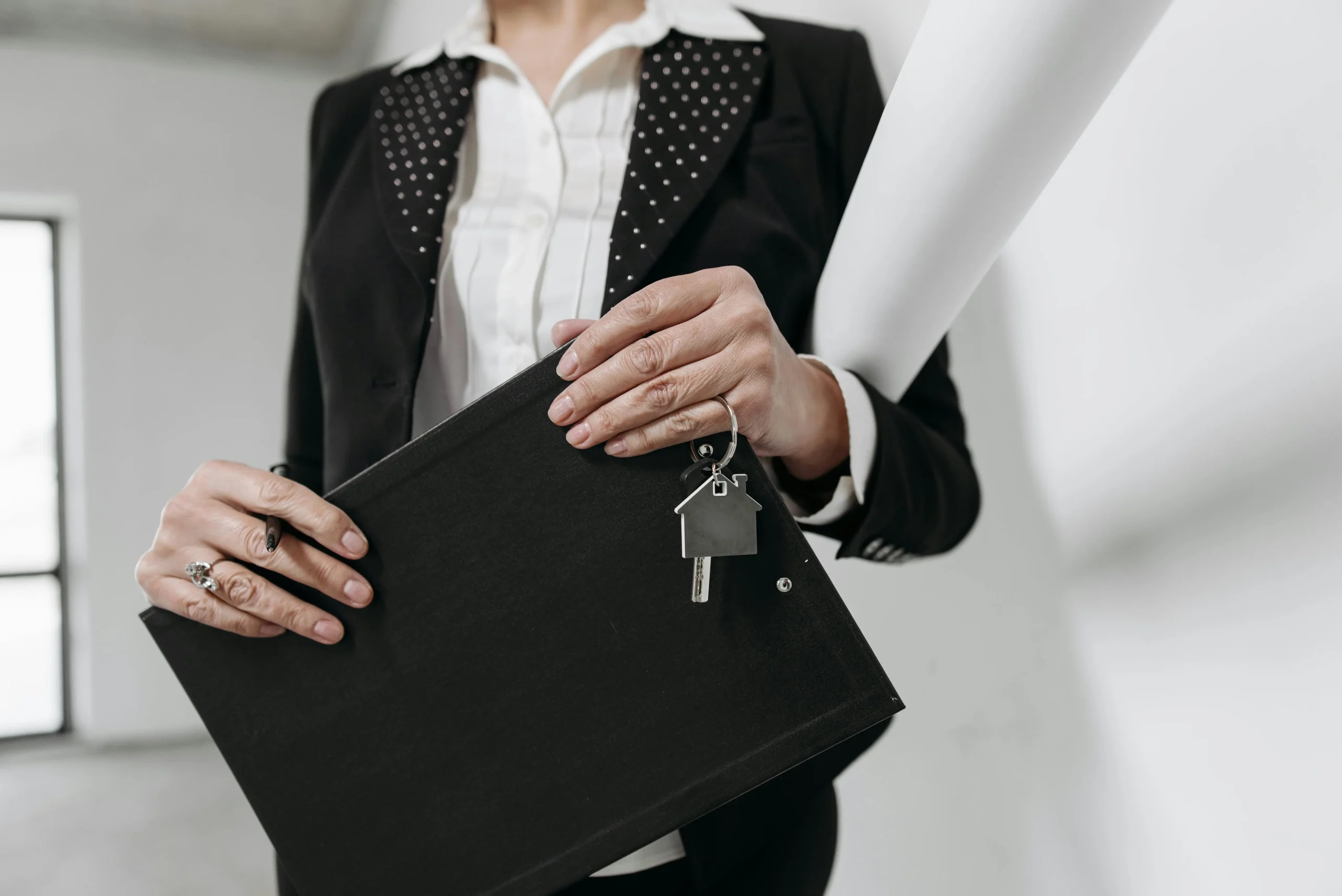When it comes to buying a property (whether it’s your first step on the property ladder, an investment, or moving to your dream location), understanding the type of property that you’re purchasing is essential. In England and Wales, the two most common forms are freehold and leasehold. At first glance, both may seem similar, but the differences between freehold and leasehold can have significant impact on your ownership rights, ongoing costs, responsibilities, and the conveyancing process itself. Below, we take a look at what both terms means, the pros and cons of each, and how to navigate which option is best for you.

What Is a Freehold Property?
A freehold property means that you own both the property and the land it stands on outright. In comparison to leasehold ownership, there is no time limit on your ownership – it is indefinite. Once you purchase a freehold house, it remains yours until you decide to sell it, gift it, or pass it on in your will.
This option is considered the most common, simplest and straightforward form of property ownership in England and Wales. It offers buyers a high degree of security and control because you are not reliant on a landlord or freeholder, and you are not tied into the restrictions of a lease.
Main Features of Freehold Ownership
- Full ownership: You own the property and the land in perpetuity.
- No ground rent or service charges: Unlike leasehold, you will not usually pay annual fees to a landlord (although some modern estates may charge a small “estate rentcharge” or maintenance contribution for shared spaces such as private roads, gardens, or communal lighting).
- Freedom to make changes: You can generally make alterations, extensions, or improvements without needing permission from a freeholder (though planning permission and building regulations approval may still apply).
- Simplicity when selling: Freehold properties are usually easier to sell because buyers prefer the certainty and security that comes with outright ownership.
What Is a Leasehold Property?
A leasehold property means you own the property itself for a set period of time under the terms stated in the lease, but not the land it stands on. The land (and often the structure of the building) is owned by the freeholder, often called the landlord.
In most cases, leases are granted for long periods of time, such as 99, 125, or even 999 years. When it comes to the lease expiring, ownership of the property reverts back to the freeholder unless the lease is extended or you purchase the freehold.
This option is very common for flats and apartments, where communal areas such as stairwells, roofs, gardens, and car parks must be managed collectively. Some houses, particularly on new-build estates, are also sold as leasehold, although this practice has attracted much criticism in recent years.
Key Features of Leasehold Ownership
- Time-limited ownership: You own the property for the length of the lease, not indefinitely.
- Ground rent and service charges: Leaseholders usually pay annual ground rent (though new legislation has reduced this in some cases) and contribute towards service charges for shared facilities and maintenance.
- Restrictions on use: Leases often contain clauses limiting what you can do with the property, such as requiring permission for alterations, restrictions on pets, or subletting.
- Dependence on the freeholder/management company: The landlord or managing agent is responsible for maintaining communal areas and collecting service charges.

Freehold vs Leasehold: Which Is Right for You?
Both freehold and leasehold ownership come with benefits and potential negatives. The best option depends on the type of property you are buying, your financial situation, and how you intend to use the property. For ease, we’ve compiled all information into a graph:
| Aspect | Freehold | Leasehold |
|---|---|---|
| Ownership | You own the property and the land outright, indefinitely. | You own the property for a set lease term, but not the land. |
| Costs | No ground rent or service charges (except occasional estate charges). | Ground rent, service charges, and permission fees often apply. |
| Control | Greater freedom to alter, extend or use the property (subject to planning laws). | Restrictions often apply; landlord consent may be required for changes. |
| Maintenance | You are responsible for all upkeep and repairs. | The freeholder/management company maintains communal areas, costs shared via service charges. |
| Resale value | Usually more stable and attractive to buyers. | Value can fall as the lease shortens; harder to sell with under 80 years remaining. |
| Common for… | Most houses. | Flats/apartments, some new-build houses. |
Broadbents Solicitors - Reliable Conveyancing Services in Alfreton & Heanor
Buying a property can be a stressful process, but we’re here to make it as smooth as possible. If you’d like to find out more about our conveyancing services, please don’t hesitate to give us a call today on Alfreton: 01773 832 511 or Heanor: 01773 769 891. Alternatively, you can complete our online enquiry form and a member of our team will be in touch with you as soon as possible.






